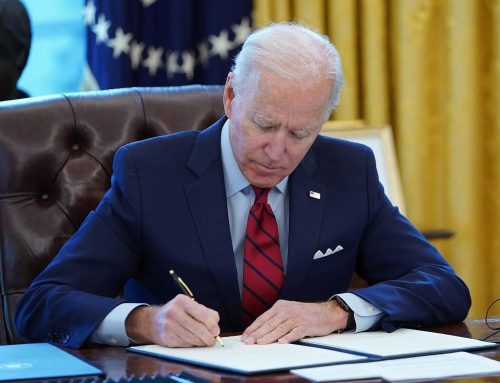
The Role of Luck in Immigration Cases: How to Increase Your Chances of Approval
Immigration lawyer Ismail Shakhtakhtinski is often asked by clients what their chances are of winning an immigration case. This is a natural question, as people want to know the likelihood that their case will be approved. However, the answer to this question depends on the type of case being pursued. In some cases, luck and chance play a significant role, while in others, the outcome depends on the strength of the evidence presented. Finally, some cases are procedural and depend on correctly following the rules.
So, let’s discover these types of immigration cases:
- In some categories of immigration cases, such as the Green Card lottery and the H-1B work visa, luck and chance play a significant role in determining the case’s outcome. In the Green Card lottery, applicants are randomly selected, with no way to increase their chances of being selected. Similarly, the H-1B work visa has an annual cap that exceeds the number of applicants, making the selection process a matter of pure luck. In these types of cases, the outcome depends less on the strength of the case and more on the luck of the draw.
- In other cases, such as Asylum and Extraordinary Ability/National Interest Waivers, there is some element of chance involved, but the officer or judge has a significant degree of discretion when evaluating the evidence presented. In an Asylum case, for example, the applicant must demonstrate a well-founded fear of persecution based on race, religion, nationality, political opinion, or membership in a particular social group. The officer or judge will consider various factors when evaluating the evidence presented, including the applicant’s credibility, the conditions in their home country, and the plausibility of their claim. In the case of Extraordinary Ability/National Interest Waivers, the officer has a great deal of discretion in evaluating the evidence presented and determining whether the applicant meets the legal criteria. In these cases, the outcome depends on how well the applicant can demonstrate that they meet the legal requirements, who is the officer or immigration judge.
- Finally, in some cases, the outcome depends on how well the applicant and their attorney can prepare and present the evidence. These include Marriage-based cases, Adjustment of Status cases, and Employment-based cases. In these cases, there is no considerable element of luck, and the outcome is determined mainly by the facts and how well the applicant and their attorney can prepare and submit the required documentation. For example, in a Marriage-based case, the applicant must demonstrate that the marriage is genuine and not just for immigration purposes. This requires submitting documentation, including proof of joint finances, joint living arrangements, and joint activities. Likewise, in an Employment-based permanent residency case (EB-1, EB-2, EB-3, etc.), the applicant must demonstrate that they meet the qualifications for the job and that the employer has met all the procedural requirements for hiring a foreign worker. There may be some, slight element of luck, but it is not significant or considerable.
It is essential to have an experienced immigration attorney who can guide you through the process and maximize your chances of success. With the proper legal representation, you can improve your chances of winning your case, no matter what type of case you are pursuing. To learn more about your case and how we can assist you, please use this link to schedule a consultation: Schedule a Consultation – I.S. Law Firm, PLLC





